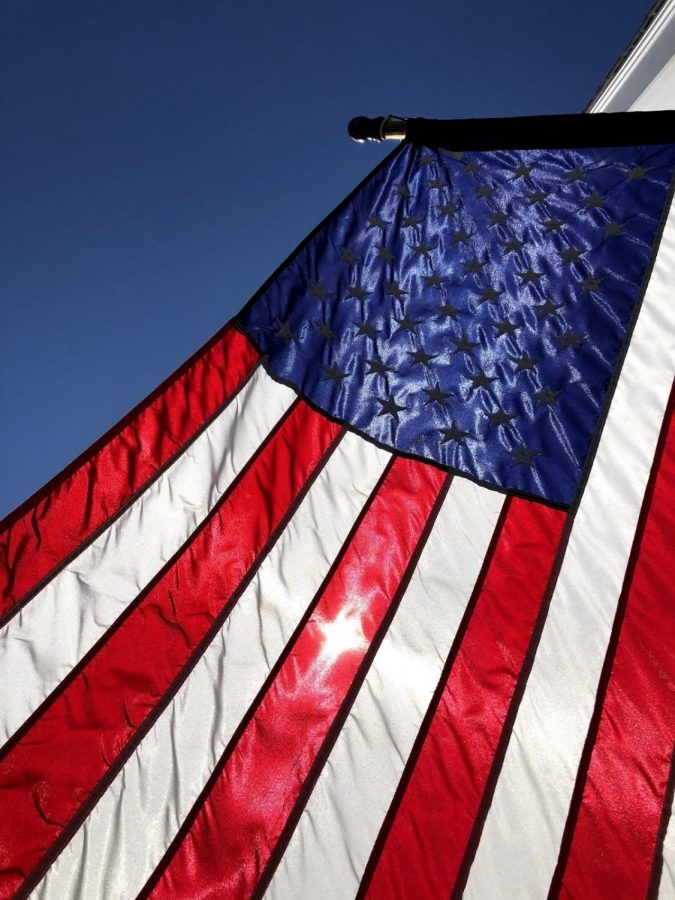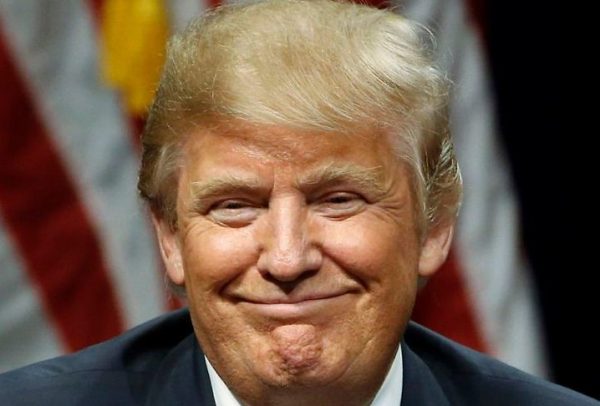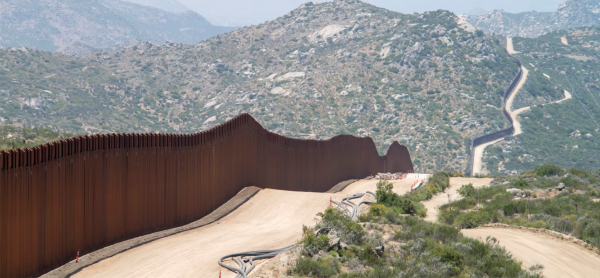A Divided Debate on the 51st State
The Ongoing Debate on Statehood for D.C.
A 51st star may be added to the American flag if the Washington, D.C. Admission Act is passed in the Senate.
For over 60 years, the U.S. has been composed of 50 states. However, some people are saying that it is time for a new state, and it might be close to happening. A bill to admit Washington D.C. as the 51st state has passed the House of Representatives, and is now in the Senate.
The bill, called the Washington, D.C. Admission Act, would set aside a small area around the federal buildings in D.C. for the District and make the rest into a new state called Washington, Douglass Commonwealth. The state would be named after Frederick Douglass, an escaped slave and abolitionist who lived in D.C.
The bill passed the House last year in June, but failed to receive a Senate majority. Now Democrats are trying to get it through the Senate again. However, since the bill has become a partisan issue, with Democrats in support and Republicans against it, the fate of the bill is uncertain. Although public opinion across the country is divided, the district itself largely supports statehood, with 86% of its residents voting in favor of becoming a state in a 2016 referendum.
There are a variety of reasons why people are in favor of D.C. statehood. The main reason is that people who live there do not have a voice in lawmaking, but still must pay taxes and have the other responsibilities of citizenship. Some people have compared this to the cry of “no taxation without representation” that fueled the American Revolution. Over 700,000 people live in D.C., more residents than two full states: Vermont and Wyoming. Despite this, the residents of the capital do not have any voting representation in Congress. If the bill was passed, D.C. would be given two senators and one representative.
Another reason cited by Democrats is the District government’s lack of power. During the January 6th Capitol riot, the mayor of D.C. was unable to call in the National Guard for support because it is a privilege that only governors of states have. Only the White House can call in the National Guard for D.C. The district also received much less funding for the COVID response than other states. Last year, D.C. received almost $700 million less in emergency funds than Wyoming, the least populous state —which D.C. outnumbers by over 100,000 people.
There has also been some pushback against it. Some Republicans have called it a partisan push by Democrats to get more votes in Congress, as D.C. is largely Democratic. Since receiving electoral votes in 1961, the District has voted for a Democratic nominee every election. Other concerns have also been raised. Some have said that the Founding Fathers never intended for the capital to be a state, arguing that the state would have too much influence within the country’s capital. Another argument is that an amendment should be created to make D.C. residents count as part of Maryland for elections and representation in Congress, which would give them a say in the running of the country.
Whether or not you agree with D.C. becoming the 51st state, we can all see the pros and cons that the move would have. The new few months may be crucial to D.C.’s future.

Campbell is the News Editor at Prospect. This is Campbell's fourth year with the Prospect staff. Campbell is also on Ludlowe's Ultimate Frisbee team!






![[Protest Tbilisi April 2024] by [Jelger Groeneveld] is licensed under [CC BY 2.0].](https://flhsprospect.com/wp-content/uploads/2025/01/Screenshot-2025-01-29-151213-1-600x449.png)